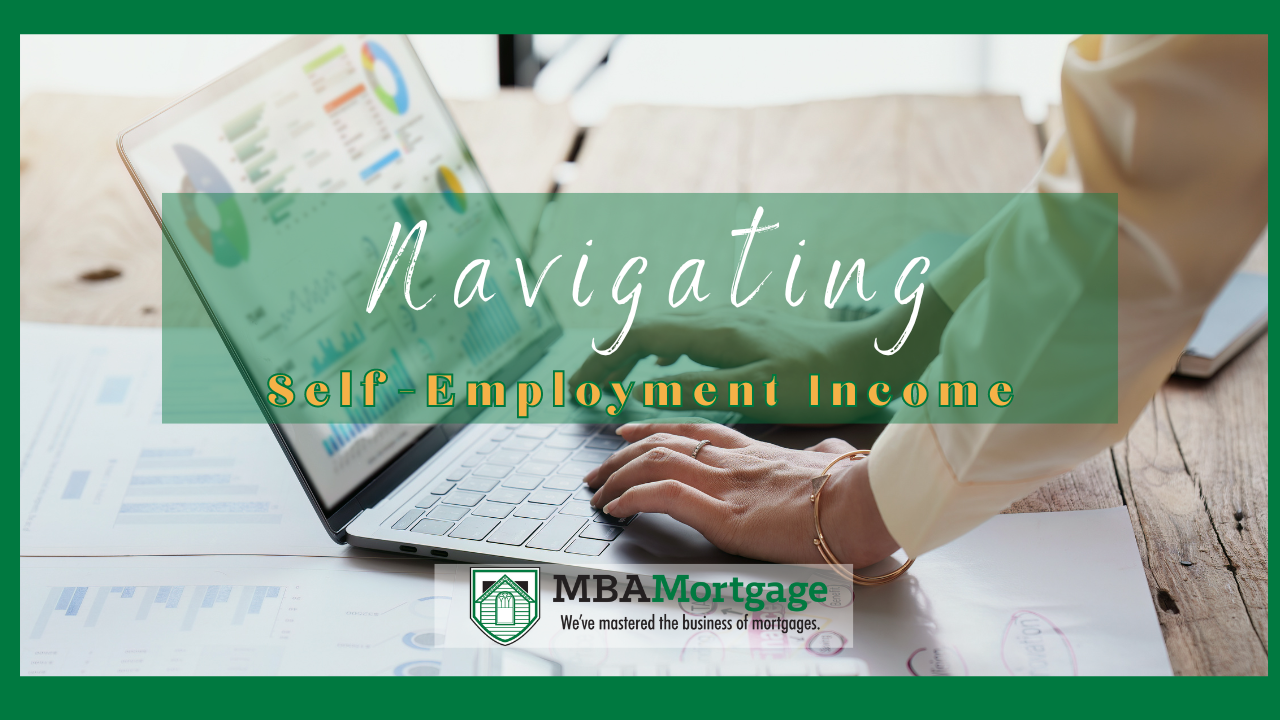Whether you're a seasoned homeowner or a first-time buyer, understanding your home appraisal is valuable…
Your Ultimate Guide to Conquering the Mortgage Closing Timeline
Ask any homeowner to share the details about the home buying process, and chances are the conversation will eventually steer towards their mortgage closing timeline.
Buying a home is a huge decision that requires a series of steps to be properly completed to ensure a successful home purchase. Still, many buyers are either confused about this process or need some refreshing on how it all works.
Today, we’re sharing actionable steps, dos & don’ts, and professional tips to get you over the threshold of homeownership.
Here’s what to expect in a typical mortgage closing timeline
When you decide to buy a home, there are certain steps you must take. Each step in this process must be done correctly and with professional guidance to ensure that your mortgage application remains on track.
Here are the steps to buying a home.
- Get a mortgage pre-approval. Apply online with our easy-to-use prequalification tool. You’ll submit your information and work closely with a loan officer to determine how much you can borrow.
- Start your home search. Now that your mortgage is pre-approved, you can find a qualified buyer’s agent and kick off your house hunt.
- Apply for a mortgage. Have you settled on a property within your budget? Great! We’ll start looking for the perfect home loan for you. Your loan officer will let you know which documents are required to apply for a mortgage officially.
- Make an offer & negotiate a final price. If the seller accepts your offer, a contract is drawn up to ensure a smooth closing. We’ll receive a copy of your contract and can send it to your lender.
There are also other steps, such as federal and state disclosures, that you legally must be made aware of. You’ll also make an Ernest Money deposit and may need to submit additional documentation.
Don’t worry; our loan officers are here to walk you through the entire process.
Now that you’ve applied for a mortgage, have an offer accepted, and signed a contract with the seller, here’s what happens next:
- Home appraisal. You will pay for a professional home appraiser to determine the value of your home. This information is sent to your loan’s underwriter.
- The underwriting phase begins. An underwriter carefully reviews all elements of your application, including your income, debts, and the property you’re buying. If additional information is needed, you will be informed.
- Loan approval. Provided all your documentation is correct, all conditions are met, and no significant financial changes have taken place, your loan will be cleared to close.
You’ll also receive additional disclosure documents to review. These documents are related to the closing of the loan itself. Additionally, your closing documents are sent to the title company.
Once these steps are completed, you will be contacted with the finalized amounts for the loan, down payments, and any other financial requirements associated with your closing.
Now it’s time for closing day! You’ll meet in-person to sign (a lot) of documents. Once this process is completed, the loan is funded.
You’re officially a homeowner.
Follow these dos & don’ts to keep your closing on-track
Your application is essential for getting approved for a mortgage, let alone closing in a timely way. One missing document or typo can set the process back.
To avoid any snags along the way, it’s best to do the following:
- Keep it tidy. Save all original documents, including tax returns, bank statements, pay stubs, and any other information you’re submitting.
- Tell your loan officer about any life changes. This point is huge. Did you change your job or otherwise experience a change in your income? How about any big purchases? This can impact you at the underwriting stage, so it’s best to tell your loan officer before you make big financial decisions so that they can advise you correctly.
- Follow your loan officer’s advice exactly. Your loan officer is your primary resource when applying for a mortgage. Following their advice can make sure you don’t have any surprises derailing the closing of your loan.
As for what not to do? Well, that’s just as important:
- Don’t take out any new lines of credit. You may think that holding more debt makes you look more responsible in the eyes of your lender, but it can present you as ‘risky.’ Speak with your loan officer before taking out new credit cards or auto loans.
- Don’t change jobs or radically change your income. For the reasons mentioned before, this can rattle lenders and may negatively impact the quality of your loan.
- Don’t transfer funds between accounts before speaking with your loan officer. This includes retirement or other investment accounts. It also applies to transfers between checking and savings accounts. You want your financial activity to be as predictable as possible when applying for a mortgage.
- Don’t go it alone! Our loan officers are ready to get you the best mortgage possible. Follow their guidance for a smoother experience.
These may seem like small things, but they can add up to big challenges. With the housing market growing more competitive, you want to give your home search every advantage possible.
The last thing you want is to find the perfect home and have the process fall apart because of missing documentation or risky financial activity.
Bottom line
How you handle your home loan application can seriously impact your mortgage closing timeline. That’s why it’s more important than ever to choose a loan officer who can guide you through the steps to buying a home.
Are you looking to get a jump start on buying a home?
Download our free home buying guide and tackle the market like an expert.





